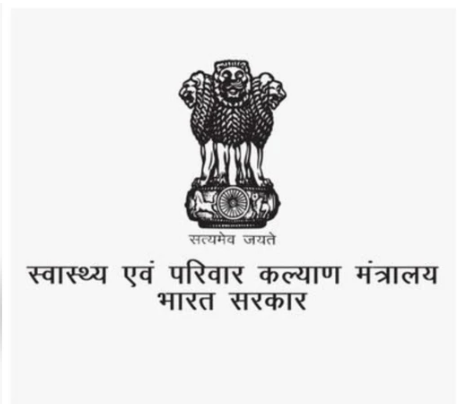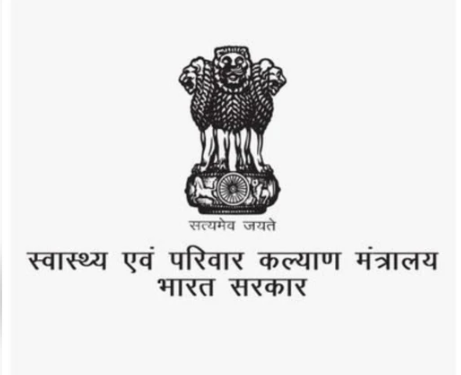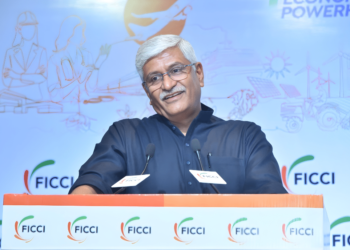– KH News Desk (cbedit@imaws.org)
In a significant move to strengthen consumer rights and safeguard public health, the Indian government has urged the food industry to adopt ethical practices in labelling and advertising. The call was made during the National Stakeholder Consultation on “Comprehensive Analysis of Regulatory Framework on Food Labelling, Advertisement and Claims,” organised by the Food Safety and Standards Authority of India (FSSAI) under the Ministry of Health and Family Welfare. The consultation brought together regulators, policymakers, industry representatives, consumer organisations, and academic experts to deliberate on how India can align its food advertising and labelling standards with international best practices.
Speaking at the event, Health Ministry Secretary Punya Salila Srivastava highlighted the urgent need for the industry to embrace truthful practices. She noted that with increasing global exposure and consumer awareness, India must not only adopt positive changes but also scrutinise food products more closely. Srivastava underlined that ethical labelling and advertising are essential to ensure consumer trust and to prevent misleading claims that may harm public health.
Echoing her concerns, Nidhi Khare, Secretary of the Department of Consumer Affairs, stressed that food labelling should not merely serve as a marketing tool. Instead, it should be viewed as the foundation of trust between producers and consumers. She pointed out that accurate and honest declaration of ingredients, nutritional content, and health claims is vital, as the consumer must always have the final choice. Khare’s statement reflected growing demands for transparency in the food sector, where misleading advertisements and exaggerated claims have often left buyers confused or misinformed.
The consultation witnessed active participation from over 700 stakeholders, including central and state government officials, industry associations, food businesses, consumer groups, scientific experts, and academia. Their engagement highlighted a shared commitment towards developing an ecosystem where consumer protection, accurate information, and responsible marketing remain paramount. By involving such a wide range of voices, the government signalled its intent to create a collaborative framework that can balance industry innovation with consumer rights.
This initiative comes at a time when global conversations around ethical marketing and accountability in consumer-facing industries are gaining momentum. The Indian government’s emphasis on transparent and evidence-based labelling is a direct response to these changing dynamics. Experts at the consultation emphasised that claims made on packaging or in promotional campaigns must be rooted in verifiable scientific evidence, presented clearly, and free from ambiguity. The goal is to empower consumers to make informed choices rather than fall prey to manipulative advertising.
The move also holds wider significance for India’s positioning in the global marketplace. By aligning domestic regulations with international standards, the country not only protects its citizens but also strengthens its reputation as a responsible market. This is particularly important as India continues to expand its food exports and attract foreign investment in the sector. Adopting ethical practices will enhance consumer confidence both within and outside the country.
For consumers, the benefits of such a framework are evident. Clear labelling enables individuals to better understand the nutritional and health implications of the food they consume. This can directly contribute to improved dietary decisions and reduced health risks, especially in a nation grappling with rising lifestyle-related diseases. Moreover, ethical advertising reduces the chances of misinformation targeting vulnerable groups such as children or elderly consumers.
Looking ahead, the success of this initiative will depend on how effectively the guidelines are enforced. Strengthening regulatory mechanisms under FSSAI will be crucial, ensuring that ethical principles are not just aspirational but legally binding. Regular audits, strict penalties for misleading claims, and continuous monitoring will be key elements in this enforcement. At the same time, the food industry must be equipped through training and awareness programmes to comply with these evolving standards.
Equally important is the role of consumer literacy. Public awareness campaigns will be necessary to educate people about reading labels correctly and identifying genuine information. Empowered consumers will be less susceptible to deceptive marketing and more capable of holding companies accountable. A combined effort from regulators, industry players, and consumers can create a culture where transparency and trust form the backbone of the food sector.
The government’s appeal marks a decisive step towards a fairer and more responsible food ecosystem in India. If implemented effectively, ethical advertising and labelling practices will not only ensure public health and consumer protection but also place India at the forefront of global ethical marketing standards. In a rapidly changing market, where consumer expectations are rising as fast as competition, embracing truth in advertising is not just a regulatory requirement but a strategic necessity for long-term credibility and growth.







